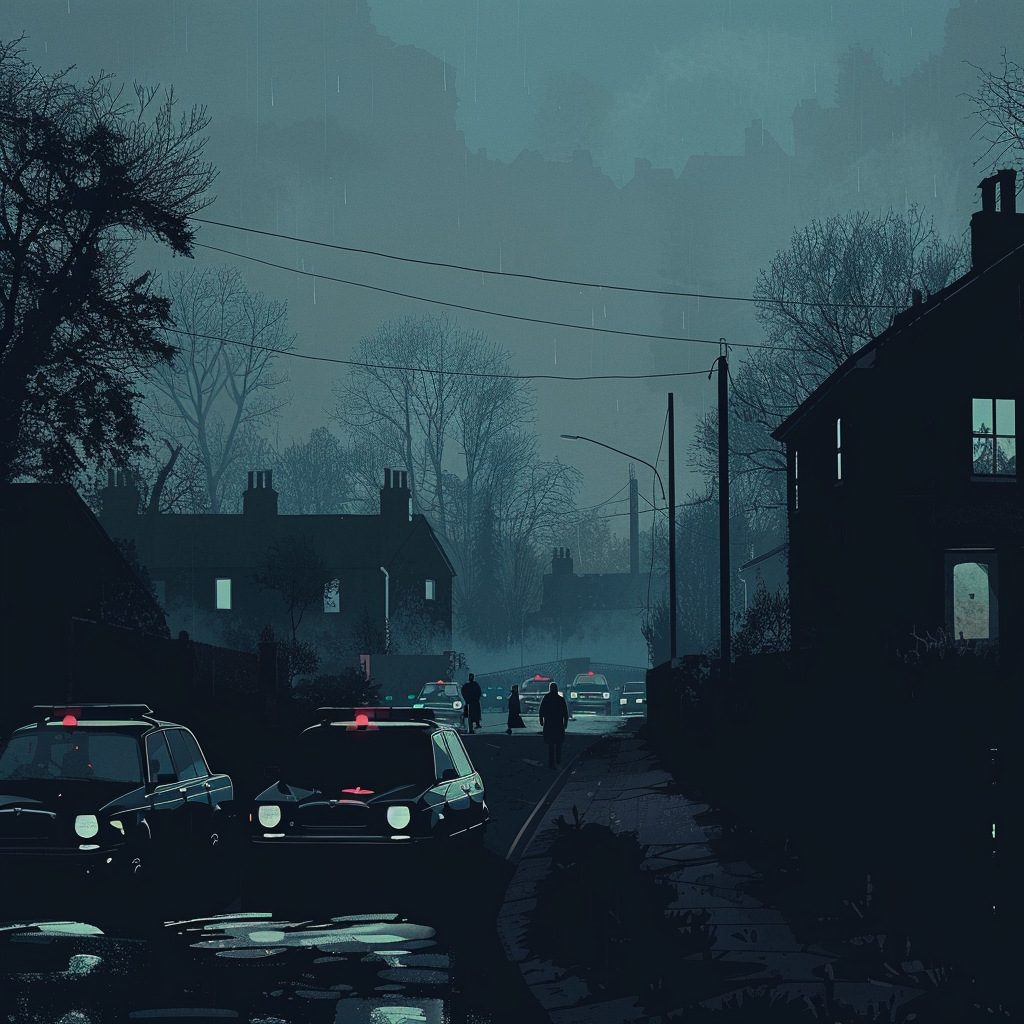Signs That Police Are Investigating You for Drug-related Offenses
Being under investigation for drug-related offenses can be an overwhelming and frightening experience. Recognizing the signs that law enforcement might be looking into your activities can help you take the necessary precautions to protect yourself. This blog post outlines key indicators that police may be targeting you for drug-related offenses.
Unexpected Encounters with Law Enforcement
One of the most obvious signs of a police investigation is a sudden increase in interactions with law enforcement. Here are some situations to watch for:
- Frequent Traffic Stops: If you find yourself being pulled over repeatedly by police without a clear reason, it may be a sign that you are under surveillance.
- Questioning by Officers: Should officers start asking you unusual questions or show up at your home or workplace without prior notice, it could be an indication that they are gathering information about you.
Changes in Behavior of Friends and Family
Sometimes, those close to you may be the first to notice a potential police investigation. Pay attention to any unusual behavior from friends or family:
- Acts of Secrecy: If people you trust start behaving secretively or avoiding you, they might have been approached by law enforcement.
- Frequent Visits from New Acquaintances: If you observe new people frequenting your social circles or neighborhoods, they could be undercover officers or informants.
Electronic Surveillance and Online Monitoring
In the digital age, electronic surveillance has become a common tactic for law enforcement. Keep an eye out for these signs:
- Unusual Activity on Devices: Strange behavior on your phone, computer, or other devices, like inexplicable battery drains or new apps you didn’t install, might indicate that they are being monitored.
- Changes in Social Media Accounts: If you notice unfamiliar followers or friend requests on your social media, it could be law enforcement officers trying to gather intelligence.
Financial Irregularities
Law enforcement often monitors financial transactions to track illegal activities. Here’s what to watch for:
- Bank Inquiries: A sudden interest or questions from your bank about large deposits or withdrawals can be a sign that your financial activities are under scrutiny.
- Unexplained Holds: If your bank accounts are being randomly frozen or transactions are being delayed, it could be due to police intervention.
Physical Surveillance
Another common method used by law enforcement is physical surveillance. Be aware of the following:
- Unmarked Vehicles: If you notice unmarked cars or unfamiliar vehicles frequently parked near your home or workplace, it may be an indication of surveillance.
- Following: Detect any new patterns of you being followed, whether on foot or by car.
Subpoenas and Legal Notifications
Receiving legal documents is a clear sign that you might be under investigation. Here’s what to look out for:
- Subpoenas: Being served with a subpoena to appear in court or provide documents often indicates that an investigation is underway.
- Search Warrants: A sudden search warrant for your property is a strong sign that police are gathering evidence against you.
Changes at Your Workplace
Suspicions may also arise from changes in behavior or activities at your place of employment:
- Employer Inquiries: Employers being questioned by law enforcement about your activities or performance may indicate an ongoing investigation.
- Unexpected Visits: Unscheduled visits from the police to your workplace could suggest scrutiny of your professional conduct.
Mail and Deliveries
Watch for anomalies in your physical mail or deliveries:
- Tampered Mail: Receiving mail that has been opened or appears to have been tampered with can be an indicator of monitoring.
- Frequent Delivery Mishaps: If your packages are frequently lost or delayed, it could be because they’re being intercepted.
Conclusion
Identifying the signs that you are being investigated for drug-related offenses can allow you to take proactive steps to protect yourself. If you notice any of these indicators, it is crucial to consult with a legal professional to understand your rights and the best course of action to take. Remember, early intervention can make a significant difference in the outcome of any investigation.





